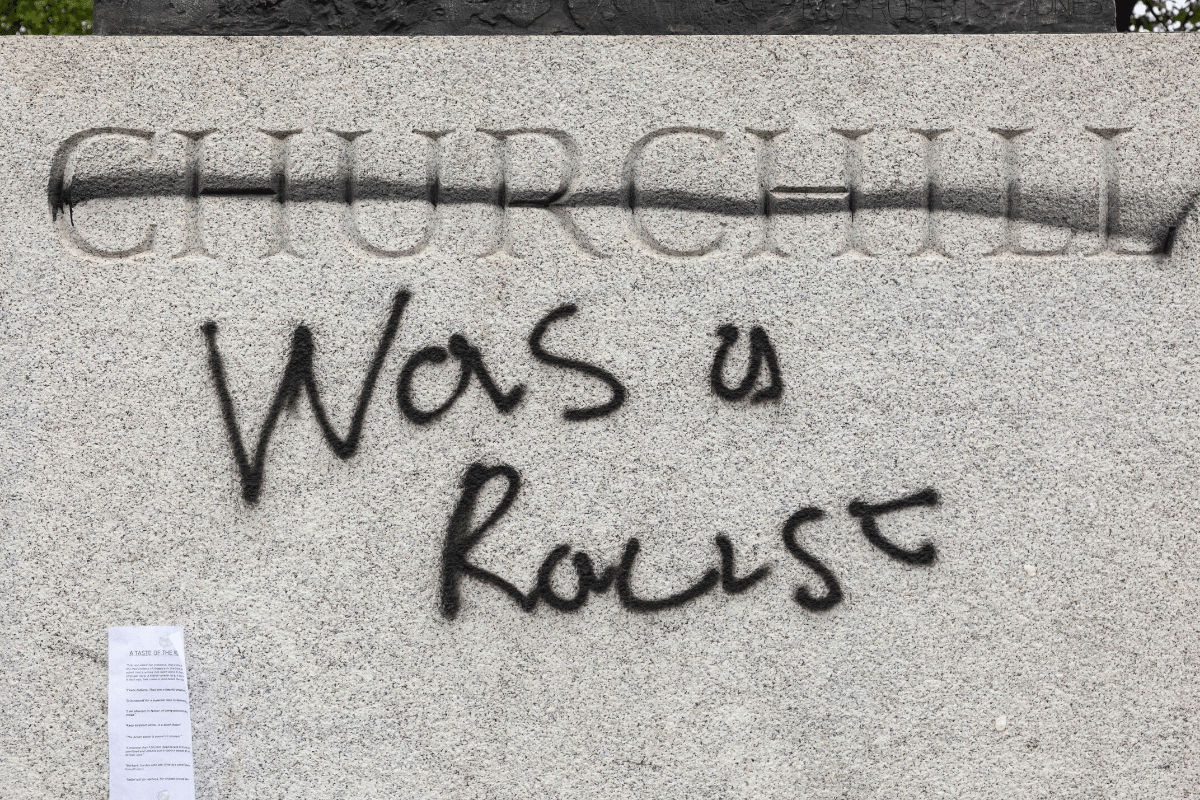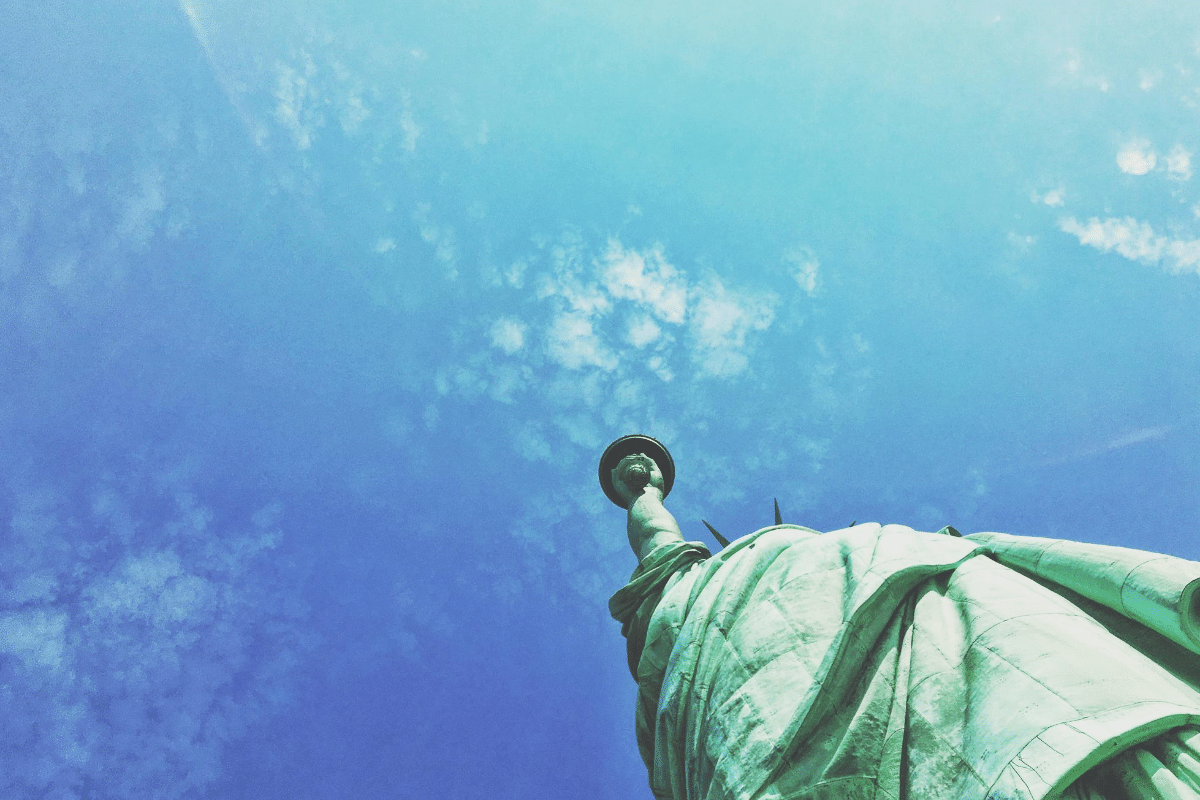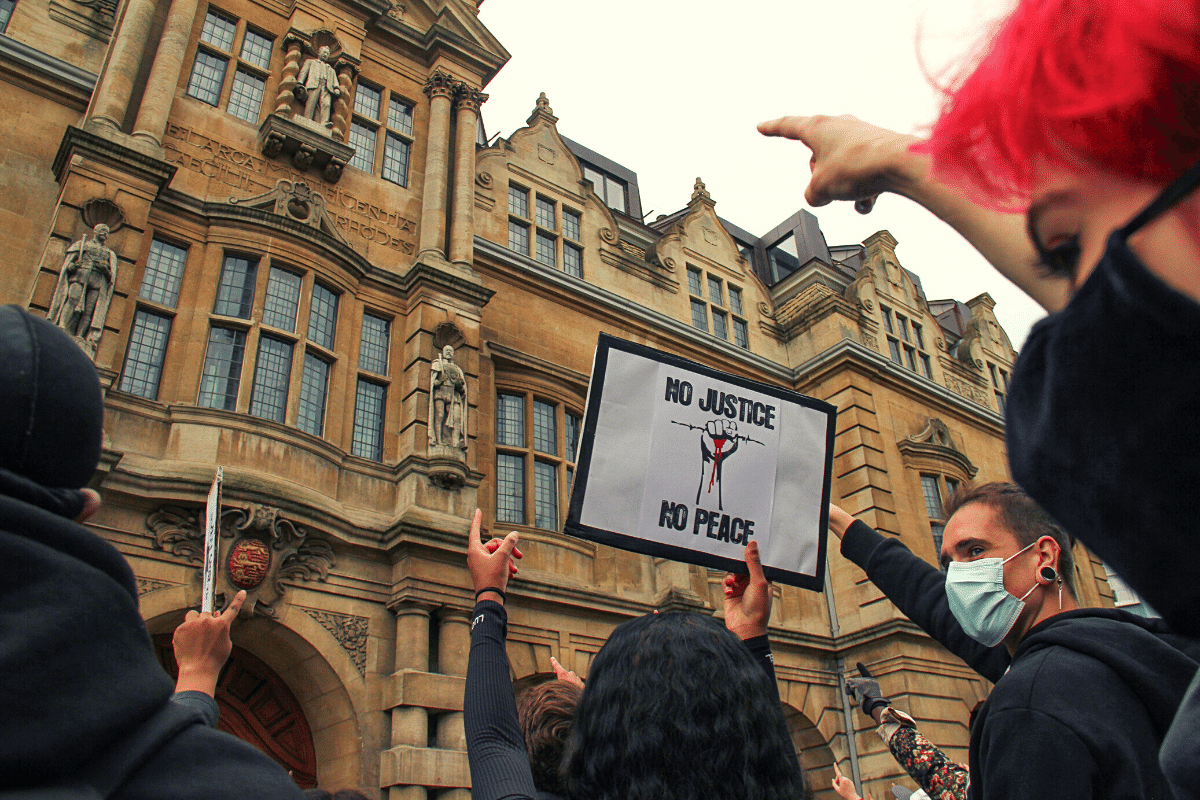Must Reads
America Exports Cancel Culture to the World
Consider the way charges of “racism” have been used to target individuals.

Recently, I was interviewed for a video for the Dutch media outlet NU.nl, a popular news website in the Netherlands. The topic was cancel culture, which refers to the social trend of ending (or attempting to end) an individual’s career or prominence to hold them to account for violating moral norms. The video was about the uses and abuses of this new trend, including how cancel culture has rightly jettisoned reprehensible individuals like Harvey Weinstein from polite society. On the other hand, it also discussed its excesses, such as the recent social media mobbing of J.K. Rowling. During my segment, I described how individuals use cancel culture to elevate their own social position.
Three days after it was published, the video was taken down. I contacted the journalist who interviewed me, asking what happened. He replied that although the video gathered over 176,000 views and was positively received by viewers, his employer determined that it “didn’t meet their profile.” He then revealed that his supervisors believed the video was too sympathetic to the targets of cancel culture. In other words, a video about cancel culture was cancelled.
This social phenomenon is spreading beyond our shores. It is the latest American cultural export. Referring to the cancelled video, the Dutch sociologist Dr. Eric C. Hendriks has told me, “This would have been unthinkable in the Netherlands a year ago. Over time, American influence has spread cancel culture here.” The political scientist Joseph Nye advanced the idea of “soft power,” or the ability to influence societies through seduction, persuasion, and pop culture rather than military power. Because America still has reputational prestige across the globe, other societies adopt the views of our credentialed class. These individuals have been manipulating language and norms for personal gain.

The reason provided for why the Dutch video was banned is revealing. The economist Tyler Cowen has suggested that the purpose of media is simply to raise the status of some individuals and groups and lower the status of others. Taking this idea one step further, Cowen’s fellow economist Arnold Kling has written, “So much of political and economic debate is about which groups and individuals deserve higher or lower status… Lowering another group’s social status is the most powerful message of all. It is more powerful than raising the status of those who one likes.” The video was taken down because it did not do enough to damage the status of cancel culture’s targets.
Consider the way charges of “racism” have been used to target individuals. People used to appropriately get rebuked or fired for expressing racist views. Today, though, people are getting cancelled for not supporting the claim that America itself is irredeemably racist. Never mind that such a position is in fact a Kafka trap: Danger awaits no matter how you respond. If America is a racist country, and you agree, then you are admitting that more purging and re-educating must be done. However, if you disagree, proponents of cancel culture take this as evidence that you and others like you are more racist than you realize, and thus more purging and re-educating must be done. The guidelines for what the writer Wesley Yang has termed the “successor ideology” are perhaps intentionally vague, and maximize optionality for undercutting political adversaries.
And status matters, particularly for how people evaluate beliefs and opinions. And this is a key reason why cancel culture has spread so swiftly. The Nobel Laureate economist John Harsanyi has said, “apart from economic payoffs, social status seems to be the most important incentive and motivating force of social behavior.” One way people evaluate a claim is by checking the prestige of the source. Put simply, people believe higher status individuals have more credibility. In fact, a recent study led by Philip R. Blue in the European Journal of Social Psychology used financial incentives to understand the role of social status when it comes to trust. Researchers invited participants to play economic games, and found that people were more likely to cooperate with (i.e., trust) high-status game partners. Such findings are relevant to current trends. Many people view our credentialed class as credible because of their resumes. And many members of this lofty group have spread the belief that America is hopelessly bigoted. Some have even suggested that social revolution is required to purge all bad elements, regardless of how minor, from society.
Alongside prestige, another way people decide whether to believe something is through social proof. That is, how many of their peers believe it. Social proof is a mental shortcut that allows us to bypass the burdensome work of actually thinking about an issue on our own. Moreover, people are terrified of social disapproval, and for good reason. Although we live in the 21st century, our cognitive architecture is still set up for small foraging communities. In the ancestral environment, being ostracized by one’s community was a death sentence. The panic we feel as a consequence of social judgment is adaptive, because that feeling alerted our ancestors to life-threatening danger.
These two features, prestige and social proof, help explain why American culture has changed so rapidly. We didn’t suddenly become better at evaluating evidence and reasoning our way into cancel culture. Rather, people saw homo sapiens with fancy credentials emotionally express certain beliefs. Those beliefs spread, because most people mimic the views of high-status individuals in the hope that some of that prestige will rub off on them. “If virtuous person says X, and I say X too, then I’m as virtuous as she is.” This is also how celebrity endorsements work.

But sometimes people go even further. They take an article of faith, and stretch it to increase their own reputation. Indeed, in their forthcoming book Grandstanding: The Use and Abuse of Moral Talk, the philosophers Justin Tosi and Brandon Warmke refer to this as “ramping up.” They observe that, “Moral talk often devolves into a moral arms race, where people make increasingly strong claims… trying to outdo one another… to be the most morally impressive… to signal that they are more attuned to matters of justice.” This creates a spiral such that each person competes in a moral grandstanding contest. At first, people cancel Harvey Weinstein for real offenses. Then then ramp up, change their standards for cancellable offenses, and go after J.K. Rowling for tweets. Still, sometimes doubters remain. And these non-believers do not want to be ostracized from polite society. Thus, they either remain silent or publicly express a belief they do not privately hold.
The US used to export Coca-Cola, television shows, and music. Today, we export outrage, deplatforming, and social mobbing. The fact that cancel culture has seeped into other countries is evidence that American soft power is alive and well. The way things are going, though, eventually the only culture left will be the one that has “cancel” behind it.






